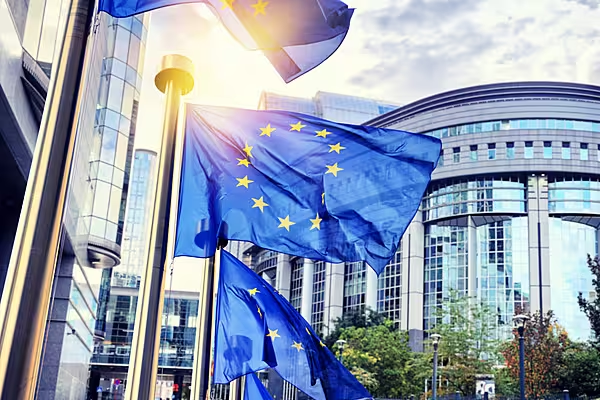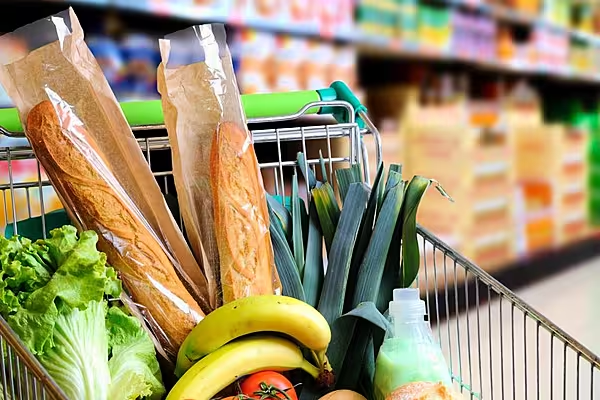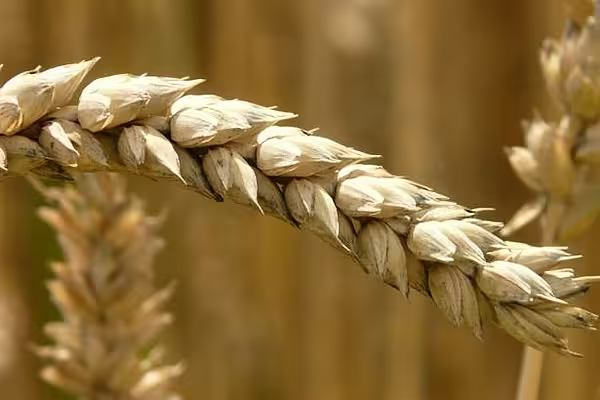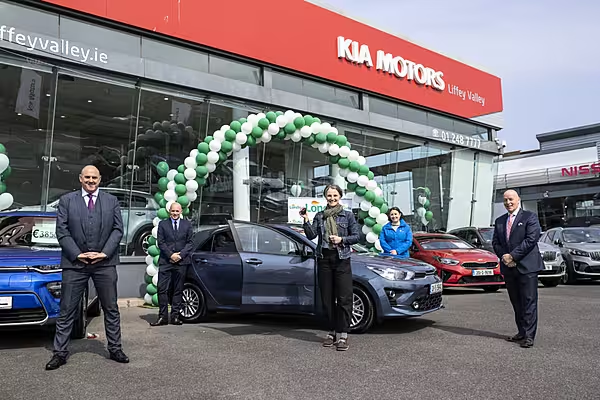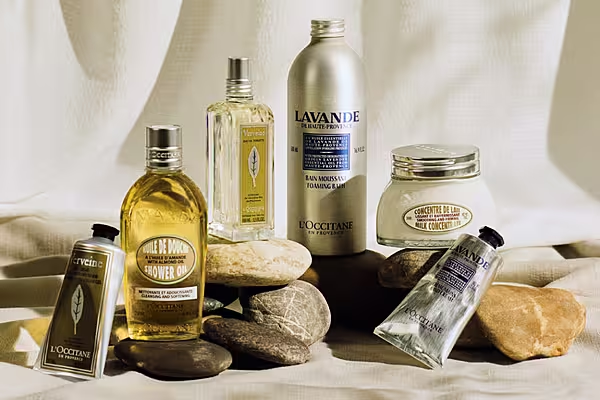Ministerial teams from the EU and the South American trade bloc Mercosur are meeting in Brussels this week to negotiate a long-anticipated and large-scale trade deal, according to The Irish Times.
The deal has been described by Sweden’s commissioner Cecilia Malmström as three times the value of the recent EU pact with Japan.
However, the EU will only offer to engage in the deal if it is convinced that Mercosur will make serious concessions in four key areas: improved market access into the region for cars and dairy products, the inclusion of maritime services, more favourable regulations surrounding provenance and access to public procurement at the sub-federal level.
Mercosur consist of founding members Argentina, Brazil, Paraguay and Uruguay. Venezuela has also been a member of the bloc since 2012, but is an observer in, and not party to, the current negotiations.
It is a relatively closed-off market, with 260 million consumers, an annual GDP of €2.2 trillion, including the world’s seventh-largest economy and fifth-largest market outside the EU.
It has tariffs of 35% for cars, 20-35% to key machinery products and 18% to soaps and beauty products. The EU exported €42 billion worth of goods to the bloc in 2016 and €22 billion in services the year before.
Irish Beef
The two blocs are to negotiate on market access, which could see the EU offer an increased access for beef from the South American countries from the current 70,000 tonnes a year to anywhere between 90,000 and 100,000 tonnes.
Malmström is reported to be demanding as much as 200,000 tonnes, to Ireland’s deep chagrin.
Opening up the EU market to Brazilian beef would pose fierce competition to the Irish beef export market, already under duress of potential tariff impositions by the UK post-Brexit. European Commissioner for agriculture and rural development, Phil Hogan, is said to be strongly opposed to the higher figure.
Irish farmers are worried that the deal could lead to an oversupply of beef to European markets, driving the prices down sharply.
High among the EU’s priorities will also be to protect food names like Rioja wine or Roquefort cheese. German and French car manufacturers are also particularly eager to open the markets for their vehicles.
Proceeding Onwards
The EU has signalled it won’t let one industry, i.e. as Irish beef, block the deal, which has garnered it the nickname ‘beef-for-cars trade deal’.
“Can you believe that such a big, large agreement fails because of some beef?” Ivan Scalfarotto, state secretary at the Italian economy ministry told Politico.
The looming election in Brazil in March is putting delegates to devise a deal within the narrow time frame available and both sides are anxious to close the deal in the coming weeks.
“The window will be closing soon because Brazil is closing down, basically, for the elections,” Malmström told reporters at the World Economic Forum in Davos. “If we lose this momentum we are in for many, many years [of more negotiations]”.
© 2018 - Checkout Magazine by Kevin Duggan
